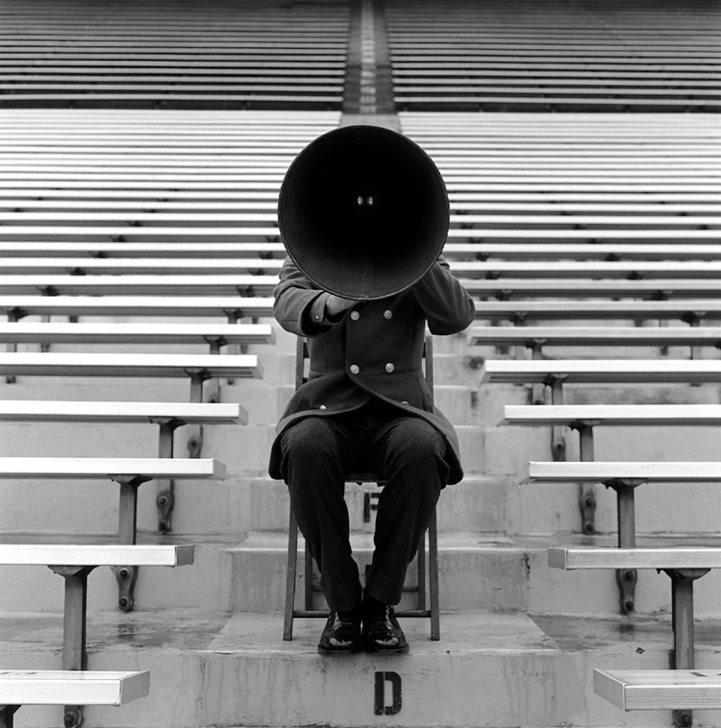Tourism Issues Up in the Air Across the Region
Casting an eye to the sky, I find it odd that no one seems to be looking for birds or Superman these days, despite the fact that airplanes dominate Phuket's up-town tourism shuffle.
As I write this, sitting in an idyllic corner of nearby Laos – well, actually smack in the middle of Luang Prabang – I can hear the whine of a twin-engine ATR-72 climbing heavenward.
Laos sits midstream on Indochina's cultural tourism circuit. The place remains a backwater of sorts. Bicycles outnumber motorized versions and cars. Orange-clad monks dominate sidewalk traffic. It's a place where even "The Dude" from The Big Lebowski would abide with his laid-back charm.
Taking to the streets in crispy 18 degree weather, I can't resist a meal at what is arguably a French restaurant, called Elephant. I quietly sip a Pomerol in the corner of the bustling eatery while picking out Americans, English and French by their voices, dress and mannerisms.
Then I realize the average age of the dining contingent is somewhere north of 50, probably closer to the magical 60. These are highly mannered folk, gentle, well dressed and with little doubt all financially secure.
It's just all so pleasant that I nearly fall asleep in my bowl of bouillabaisse. Later, after finishing off the bottle of wine on my own, I zigzag down the gentrified lanes to my hotel. As I pass small cafes, I see the cast of characters in this passion play comes in only two types: backpackers who crowd low-rent guesthouses and the chic moneyed set.
I can't help but chuckle. It's as if the mainstream travelers were routinely rounded up at the airport as they landed and taken somewhere else. Where I don't know, but sinister thoughts invade my wine-soaked dreams far into the night.
Truth be known Luang Prabang is sitting on a time bomb. A new airport is underway which will be completed in 2013, and will allow wide-body jet aircraft to land. While 2010 registered 77,978 arrivals, the forecast multiplies this by double digits.
A new Korean-funded golf course is about to open, and a buzz surrounds mixed-use real estate.
In a destination where most international hotels range from 15 to 25 rooms and there are less than 500 rooms in operation, rates remain high, averaging US$100-250 a night.
The writing is already on the wall with bigger properties being planned, and a railroad link into China expected by 2014.
As the debate of quality versus quantity tourism rises from the mist in Phuket, what is clear is that we are not alone with our dilemma.
Cultural tourism remains attractive due to its limited size, reduced footprint on the landscape and economic benefits. But there remains the argument that sustaining an endless flow of the high-spending elite "been there, done that' crowd is not realistic. Tastes change, and luxury travel junkies collect destinations like stamps.
This year the Indochina triangle of Vietnam, Laos and Cambodia is top of the list, next up is Rajasthan in India and then of course the race to Antarctica before the ice melts. Well, baby, the ice is melting fast, so you'd better hurry.
Like it or not, Phuket's primary industry is tourism and the sheer numbers involved are mighty. It's a beast that must be fed daily, and we all know what happens when hungry lions take to the streets looking for their next meal.
Yes, the island seems to be bursting at the middle from regional tourists and those from emerging countries – as well as Thais. Even these fine people are entitled to go out and explore the world, taking to the skies on low-cost airlines, checking into budget hotels and shopping on a shoestring.
Mass tourism is not as black and white as everyone believes. The world changed in 2007, and greater Asia is now flexing its new-found consumer spending power.
While the desire to turn back the clock on development to the good ole days is recounted endlessly, the truth remains: our staining point is today, not yesterday.
Keeping the hungry lions at bay is going to be no mean feat, but Phuket is not alone in this debate – almost every established and emerging destination in Asia is facing the very same problem.
Finding the door to my quiet room, I fall back into a deep sleep, slumbering to the sounds of the roars of waking lions, winch somehow remains oddly comforting.


